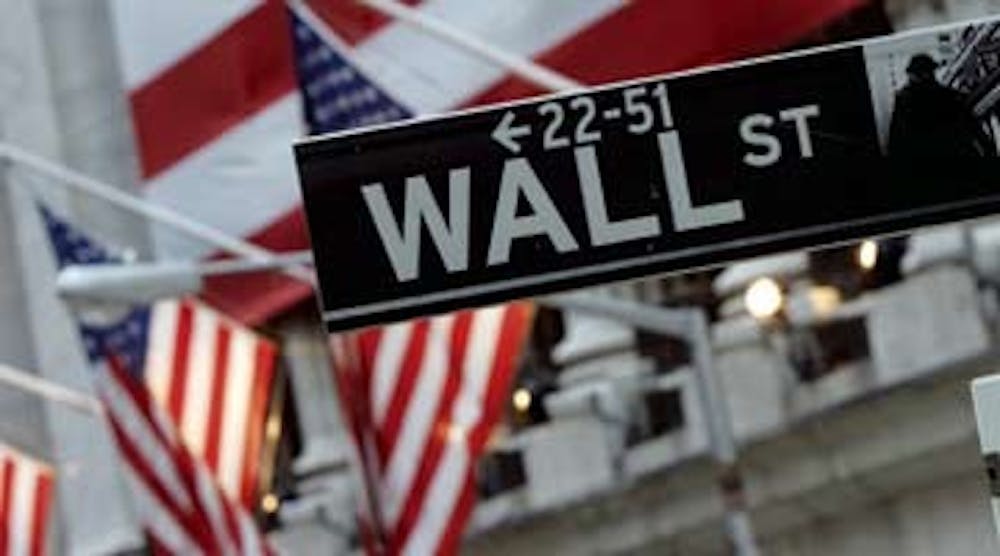The presidential primaries and the United States' economic downturn are making headlines together, and for voters, the two are becoming increasingly related.
The economy has become one of the most important issues in the campaign for voters and candidates in both parties.
In Associated Press exit polls from the Nevada Democratic caucuses on Saturday, 50 percent of voters named the economy as their top concern when choosing a candidate.
The AP polls also found that four out of 10 voters in the South Carolina Republican primary named the economy as the most important issue, up from 26 percent in Iowa and 31 percent in New Hampshire.
These polls come as economists point to a growing risk of recession and the media has placed increasing emphasis on the issue.
"As long as network and cable news keeps reporting how terrible the economy has been, I think that the importance of the economy to the presidential debate will keep growing," said Penn College Republicans president and College sophomore Zac Byer.
A recent Wall Street Journal survey found that economists predict the chance of a recession in 2008 at 42 percent, up from 38 percent in December and just 23 percent six months ago.
But while the economy is currently commanding public attention, experts say both voters and candidates have been cognizant of the possibility of a recession for a long time.
"The candidates are picking up on it, but they picked up on it a while ago," said Penn political science professor John Lapinski. "I don't think anything will change in the sense that people have known for a while that the economy isn't doing particularly well."
Lapinski added that the attention on the economy has affected and could continue to influence the campaigns of certain candidates, such as Republican Rudy Giuliani, the former New York City mayor.
"Giuliani comes on very strong with national security, which is important but less important [than the economy]," Lapinski said, citing this as a possible reason for Giuliani's low polling numbers so far.
For economic experts, there are stark contrasts between personal preferences and whom they expect to actually win the election.
According to a recent Wall Street Journal survey, 63 percent of economists surveyed said they believe a Democrat will win and 37 percent said they expect a Republican to be elected.
However, when asked for their preferences, more than half of the economists said they would vote for a Republican candidate, with 39 percent favoring John McCain.
But though the economy remains a major issue, it's only one topic voters consider.
"I don't think that the one factor, [the economy], will affect how I vote," said Wharton sophomore Mike Totino. "It's about the total."



